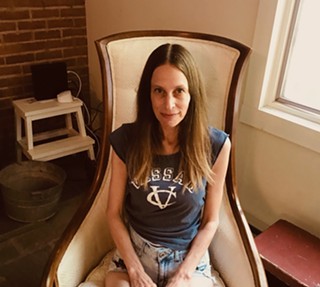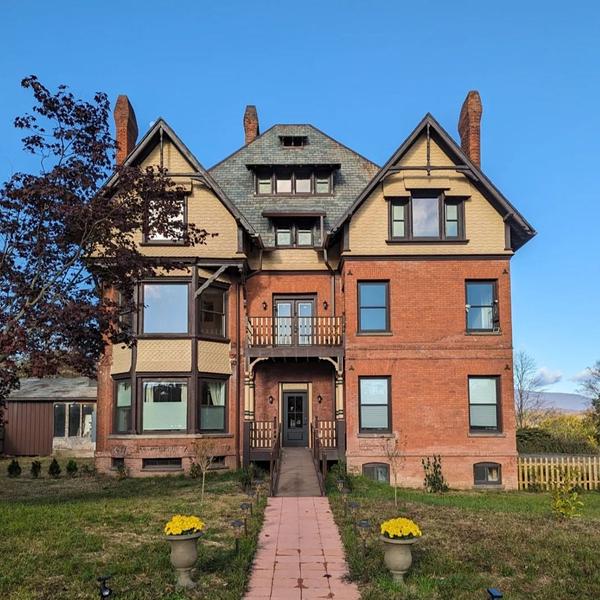Some relationships hum along happily—or unhappily—like reliable cars. Others sputter, stall, or come to their end in a spectacular collision of broken hearts. Harville Hendrix and Helen LaKelly Hunt have seen it all. Perhaps the two best-known couples' therapists in the country, Hendrix and Hunt have helped to repair, tune up, and preserve many a relationship over their 30 years of passionate partnership in both work and marriage. Twice a year, they bring their "Getting the Love You Want" workshop to both the Omega Institute in Rhinebeck and the Kripalu Center for Yoga & Health in the Berkshires. The co-creators of Imago Relationship Therapy and co-authors of 10 books, they've been to hell and back in their own marriage. Now they live as if Valentine's Day is every day—and tell us how we can too. I spoke with the couple while they were on the road in Dallas.
There's a disconnect in our culture: We're fed a steady diet of love stories through movies and books, yet the divorce rate is near 50 percent. What can we do about it?
Hunt: Yes, there's this myth that if you're married to a person, you'll live happily ever after. The couples that come to us aren't living happily ever after, but they've heard that maybe there's help. John Gottman, the top marriage researcher, says that when someone has a sudden pain in their heart, the average time it takes to call 911 is four hours. If you have a terrible pain in your marriage and something is terribly wrong and your heart's about to break, the average time it takes to pick up a phone and call a doctor is seven years. Marriage therapy is a relatively new thing. We always tell the couples who come to our workshops, 'Wow, why did you all show up?' They're vanguard couples for getting it.
What are they looking for?
Hendrix: They're coming for two reasons. Some are wondering if they can improve their relationship. And many couples are coming to see if they can stay in their relationship—those are the ones who experience the most breakthroughs. We've had couples who've said at the end of the workshop to the whole group, "We came here with divorce papers, and we're not going to divorce." One couple said, "I came here with my enemy and I'm leaving with my best friend."
Your Imago theory demystifies love. Can you explain it?
Hendrix: Imago is the Latin word for "image." It's the word we use to describe a memory that everyone creates—a cluster or collage of memories about their interaction with their caretakers. The child creates a movie of them that includes the parents' good qualities and positive interactions, and it also includes the interactions with parents that leave the child anxious or feeling that their needs are not met. The interesting thing about this Imago, this unconscious collage of memories, is that's the filter in adulthood through which we select the person who will become our intimate partner. Which means that you will fall in love with someone whose traits and behaviors will trigger those memories of your interaction with your caretakers in childhood. So you'll move toward that person because there's this unconscious expectation that you'll get your needs met. You might go into couplehood and maybe marriage with this person, and there will be great sex and powerful emotions. And then, of course, the process is that you will get frustrated with this person, because they are similar to the parents with whom you were frustrated in childhood. We think that's normative; this is what's supposed to happen. You can't change it, unless you decide to marry someone that you don't really like or that's neutral to you as an attractor.
All of this happens at such a primitive level in our brains. How can we make it more conscious?
Hendrix: Unfortunately, there's a cultural ignorance of this process. Romantic love is romanticized, rather than understood to be an on-ramp to healing and wholeness. Couples need to normalize their conflict because everyone who falls in love is going to go through a disillusionment—that's the nature of the beast. Then couples need to understand what needs they have that didn't get met in childhood. These are the complaints that you have [in your relationship] that are expressed over and over with emotion. I need to get clear on what my need is and what your need is. My marriage agenda, or partnership agenda, is to stretch into meeting that need for you and for you to stretch into meeting that need for me.


















